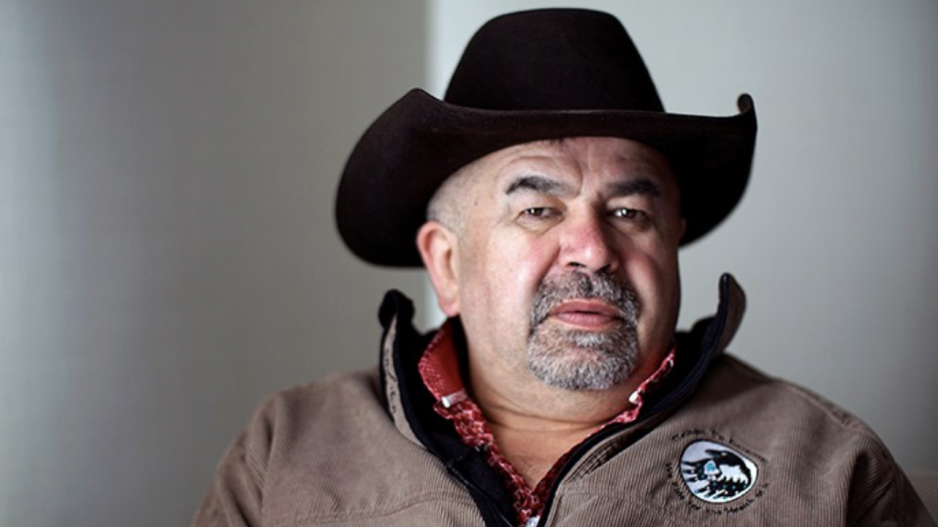First Nations can often feel isolated and alone in our fight for title, rights and recognition.
The United Nations offers a forum where Indigenous groups from all over the world can meet and realize that we aren’t alone on our paths to recognition. In April of this year, a Tŝilhqot’in delegation, including myself, attended the United Nations Permanent Forum on Indigenous Issues (UNPFII) in New York.
The theme this year was “Indigenous Peoples, human health, planetary and territorial health and climate change: A rights-based approach.”
Sometimes you’re not sure whether you should continue to push for change or if the fight will get you nowhere. It is re-energizing to meet with Indigenous Peoples from around the world, who share the same struggles and aspirations as our people here in Canada. You know that not only should you fight – but you have an obligation to make sure Canada does better.
Some Indigenous groups at the UN are risking their lives to speak out against their treatment back home. It is important to meet with the nations there in order to have dialogue and see how we can support one another.
Canada is a global leader in setting the bar for human rights. However, one of Canada’s exports has been its policies and treatment of Indigenous Peoples. Canada must live up to its obligation to the rights of Indigenous Peoples. It is no secret that the health and well being indicators of Indigenous Peoples in Canada are on par with levels seen in developing countries. Nor that the voices of Indigenous Peoples have been silenced since the earliest days of settlement.
The issues of the climate crisis become magnified tenfold when the lack of Indigenous voice combined with the impoverished conditions of our communities. Business has a role to play in the climate crisis to not only develop climate alternatives, but to advocate for the implementation of the United Nations Declaration on the Right of Indigenous Peoples (UNDRIP) as a mechanism to give voice to Indigenous Knowledge and improve the lives of the fastest-growing population in Canada – First Nations.
We arrived at this place – the health of our planet in crisis and the health of our people on equal footing – because of leaders focused on progress instead of protection. When you change the natural environment, there is no amount of science or technology that can replicate that. When you remove nature, you remove the connection that Indigenous Peoples have to it. For most settlers, it is hard to comprehend the idea of the entire formation of a people to be based on what the land, air and water provides. And furthermore, for an entire language system to be developed from the land.
The environment – the lands at the state they are in, in this country, is screaming for its Indigenous voices to be incorporated and to bring nature back into a healthy balance. The global community of Indigenous Peoples understands this need. We know why we have to fight. We see the conflict between notions of progress and the dire impacts it is having on Indigenous cultures and the world we all inhabit. It may not be in my lifetime, but I hope that Canada and the business community may one day share in the need to listen and act upon the Indigenous voice.
Nits’il?in (Chief) Joe Alphonse, OBC, is Tribal Chair of the Tŝilhqot’in National Government.
This column was first published in the June 2023 edition of Mákook pi Sélim – an Indigenous business magazine that exclusively features Indigenous and First Nations writers and journalists.




